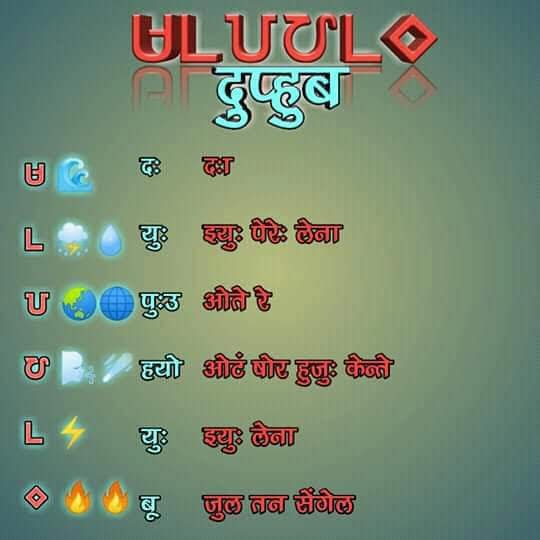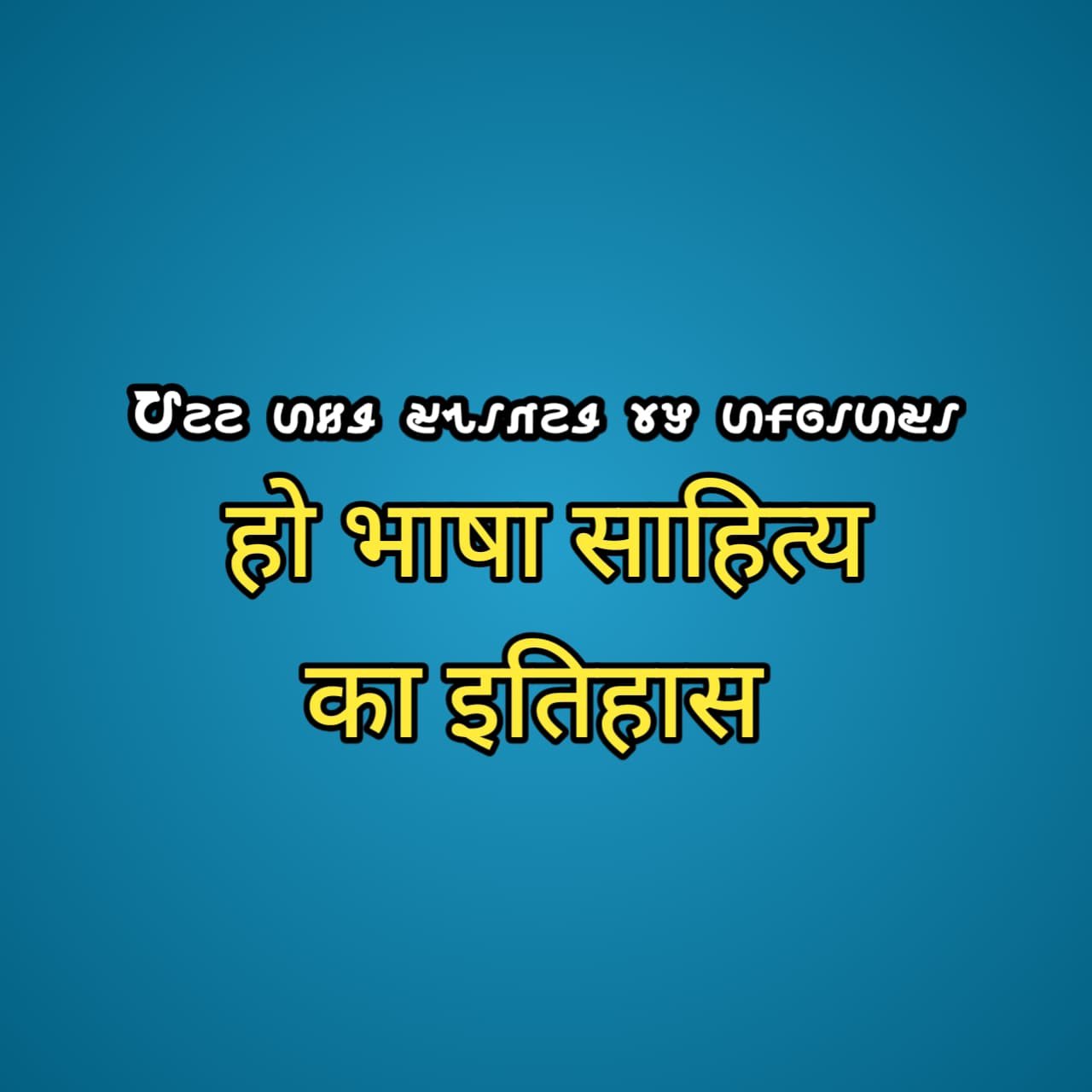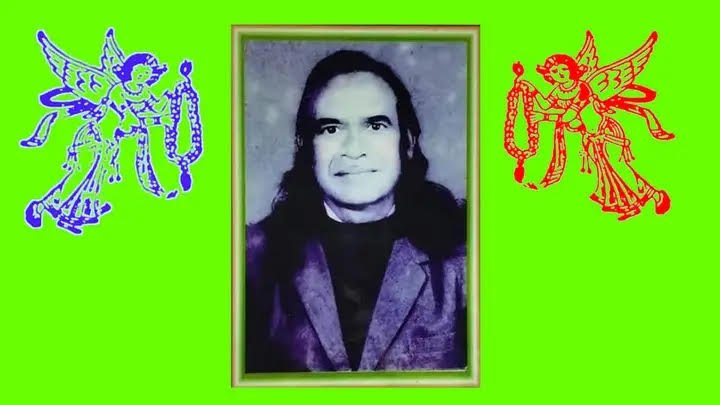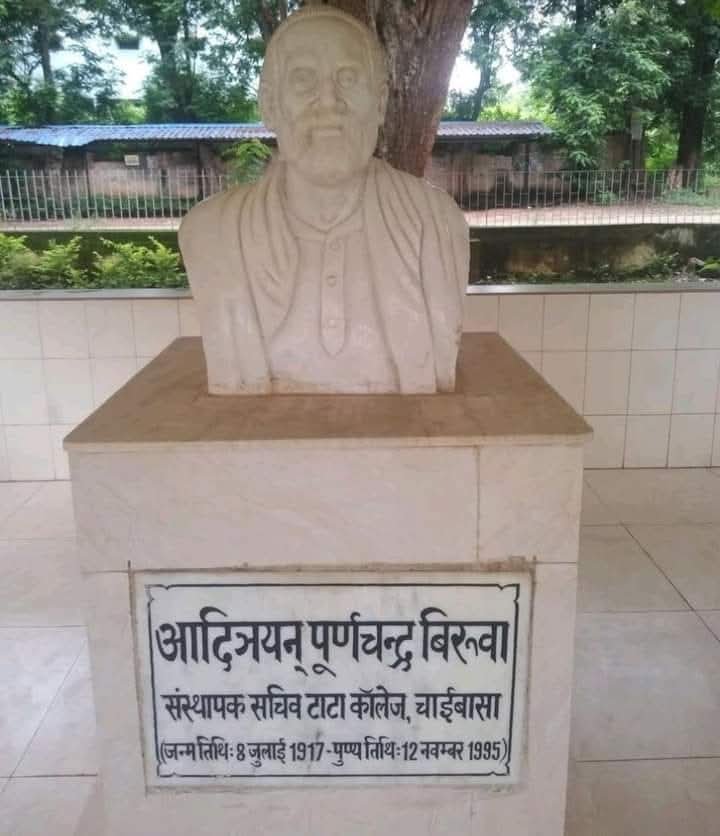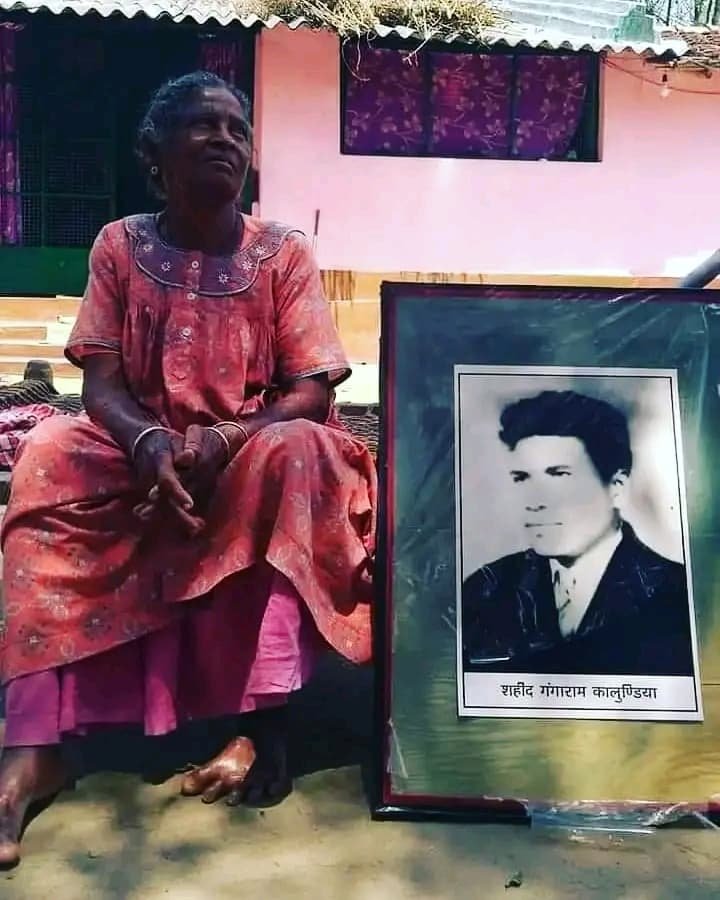Biography of Kol Lako Bodra
🪔 Early Life and Background
Biography of Kol Lako Bodra was born on 19 September 1919 in the small tribal village of Paseya in Khutpani block, located in West Singhbhum district, in what is today the state of Jharkhand, India. He belonged to the Ho tribe, one of the prominent Adivasi (indigenous) communities of the region. His father was Lebeya Bodra, and his mother was Jano Kui. Growing up in a rural environment, Lako Bodra experienced firsthand the marginalization of his native language and culture. The Ho language, though widely spoken among the tribal population, had no official script and was primarily oral. This deeply concerned him from a young age.
📘 Education and Intellectual Awakening
Lako Bodra began his formal education at Badchom Hatu primary school and continued at Purueya Middle School. He later attended Grammar High School in Chakradharpur and completed his matriculation from the District High School in Chaibasa. One pivotal moment in his youth was reading an essay titled “Matru Bhasha ka Mahatva” (Importance of Mother Tongue) by Acharya Mahaveer Prasad Dwivedi. This essay inspired in him a profound respect for the power and significance of one’s native language. With the support of legendary tribal leader Jaipal Singh Munda, Lako Bodra pursued further education in homeopathy at Jalandhar City College in Punjab. Despite his formal training in a medical discipline, his heart remained committed to linguistics and cultural revival.
✍️ Creation of the Warang Chiti Script
The most significant contribution of Kol Lako Bodra was the invention of the Warang Chiti script—a writing system specifically developed for the Ho language.
📌 Why Was Warang Chiti Needed?
The Ho language was rich in oral literature, folklore, and cultural narratives, but it lacked a writing system of its own. Scholars often attempted to use Devanagari, Latin, or Oriya scripts to write Ho, but none were able to capture its phonetics accurately. Bodra believed that an indigenous script would help preserve and promote the language authentically.
🛠️ Development Process
While working as a clerk in the Indian Railways at Danguwapasi, Lako Bodra meticulously developed the Warang Chiti script. He designed it to reflect the sounds and structure of the Ho language and to be easy for native speakers to learn. Warang Chiti consists of 32 basic letters and a few additional signs. The script is unique in its form and phonetic precision. It does not borrow from Sanskrit or Latin traditions, making it truly native and original.
🏛️ Establishment of Adi Samaj (Dupub Huda)
To promote the new script and Ho literacy, Kol Lako Bodra founded the Adi Samaj (also known as Dupub Huda) in Jodapokhar, Jhinkpani with the help of a colleague named Mahati Bandara. Through this platform, they conducted meetings, educational sessions, and cultural programs aimed at teaching Warang Chiti and raising awareness about the importance of the Ho language.
The Adi Samaj operated not just as a literacy mission but also as a social reform movement, fostering unity, cultural pride, and empowerment among tribal communities.
📚 Literary Contributions
Lako Bodra was a prolific writer. He authored several books, plays, poems, and essays in the Ho language using the Warang Chiti script. Some of his notable works include:
Baha Buru-Bonga Buru
Kol Rule
Halang Halpung
Sahar Hora
Ela ol itu uta
Hora Bara
Homoyom Puti
Raghu Bongsh
Pompo
Ho Bakna
Sishu Halang
These works capture the essence of Ho culture, religion, mythology, and societal values, and they continue to be a rich source of learning and inspiration for future generations.
👨👩👧👦 Personal Life
Kol Lako Bodra was married to Janki Purty, and together they had eight children. Despite the challenges of raising a large family, he remained steadfast in his commitment to the cultural and linguistic upliftment of his people.
⚰️ Death and Legacy
Lako Bodra passed away on 29 June 1986 at Tata Main Hospital in Jamshedpur. His death was a great loss to the tribal intellectual and cultural community of eastern India. However, his legacy lives on: Warang Chiti is taught in various schools and institutions in Jharkhand and neighboring states. Tribal literature, music, and education movements continue to be inspired by his vision. His birth anniversary is celebrated annually by Ho organizations, cultural societies, and educational groups. He is often referred to as the “Father of Ho Script” and “Adi Guru” for his pioneering role.
🏅 Recognition and Impact
Though he did not receive major national awards during his lifetime, Kol Lako Bodra is widely recognized posthumously for his work. Scholars, activists, and educators studying indigenous language revival often cite his work as a prime example of grassroots linguistic innovation. He is remembered not just as a script inventor, but as a symbol of cultural resilience, linguistic pride, and Adivasi identity.
🧾 Conclusion
Kol Lako Bodra’s life is a testament to how deep love for one’s language and culture can create lasting change. With nothing but conviction and determination, he gave his people a tool to write their own stories, preserve their own histories, and speak in their own voice. His contributions are invaluable—not just to the Ho people, but to the global discourse on linguistic diversity and cultural self-determination.

